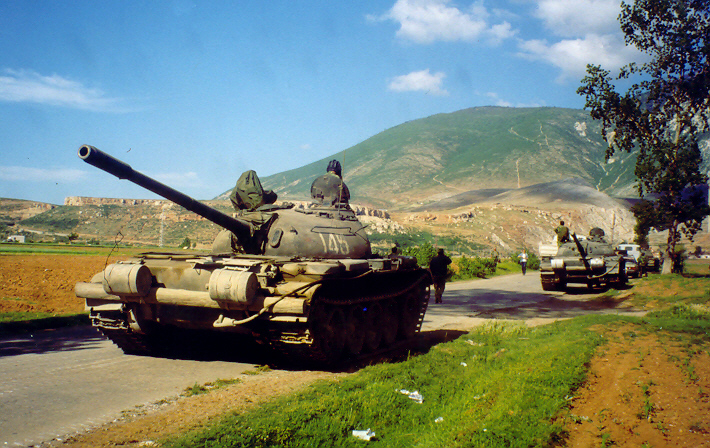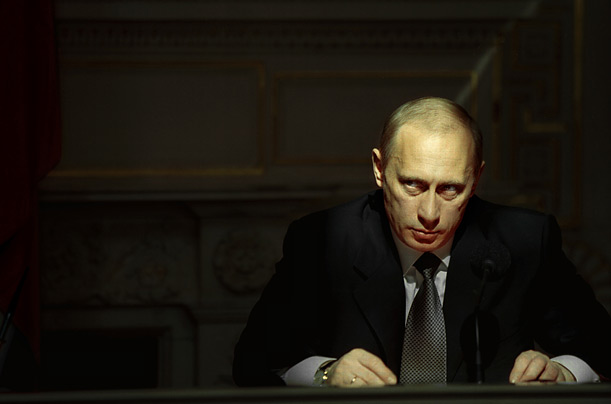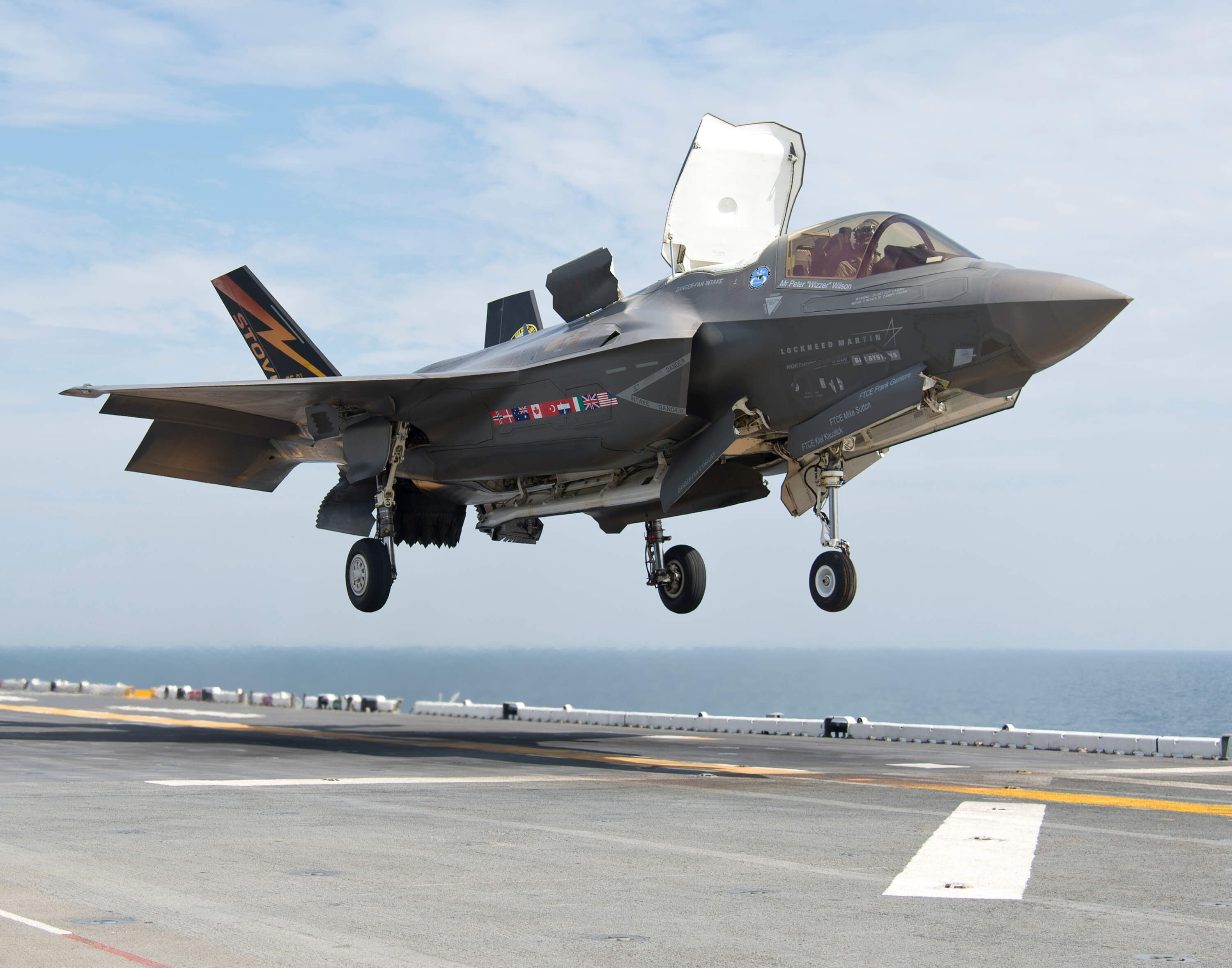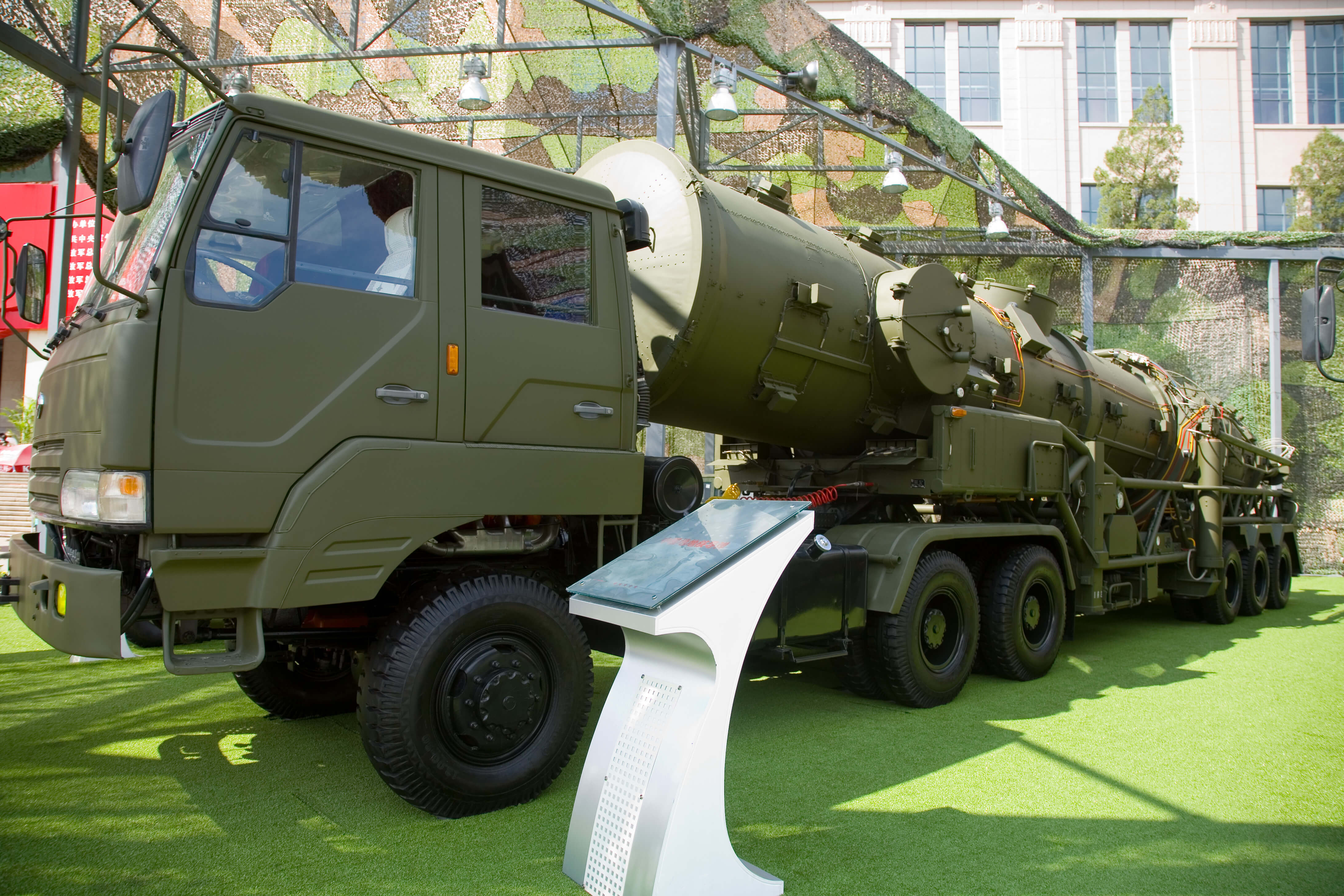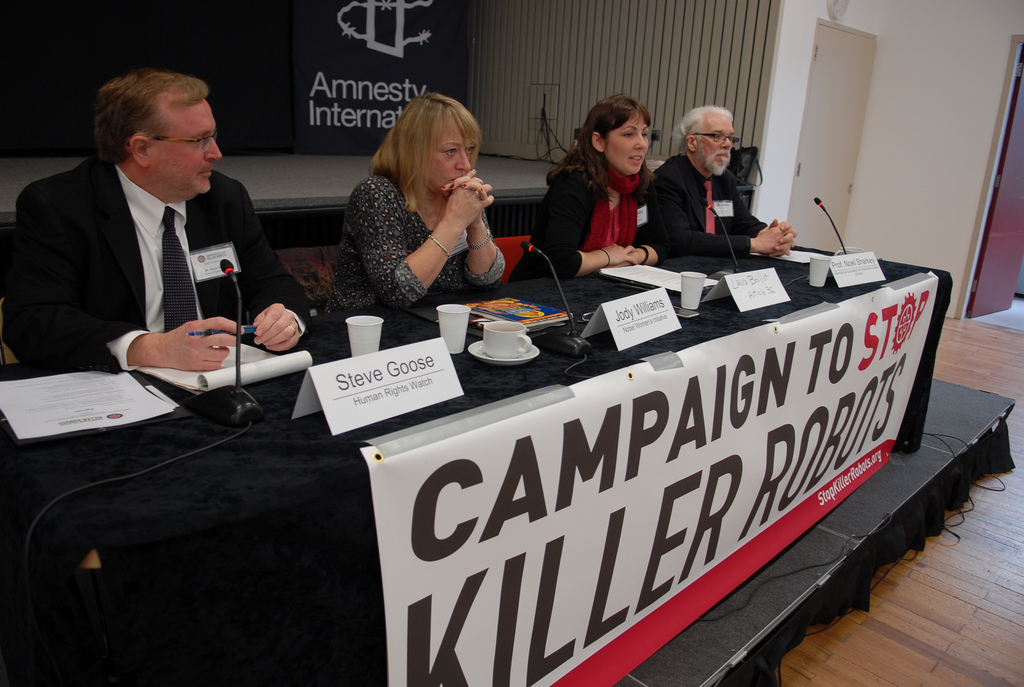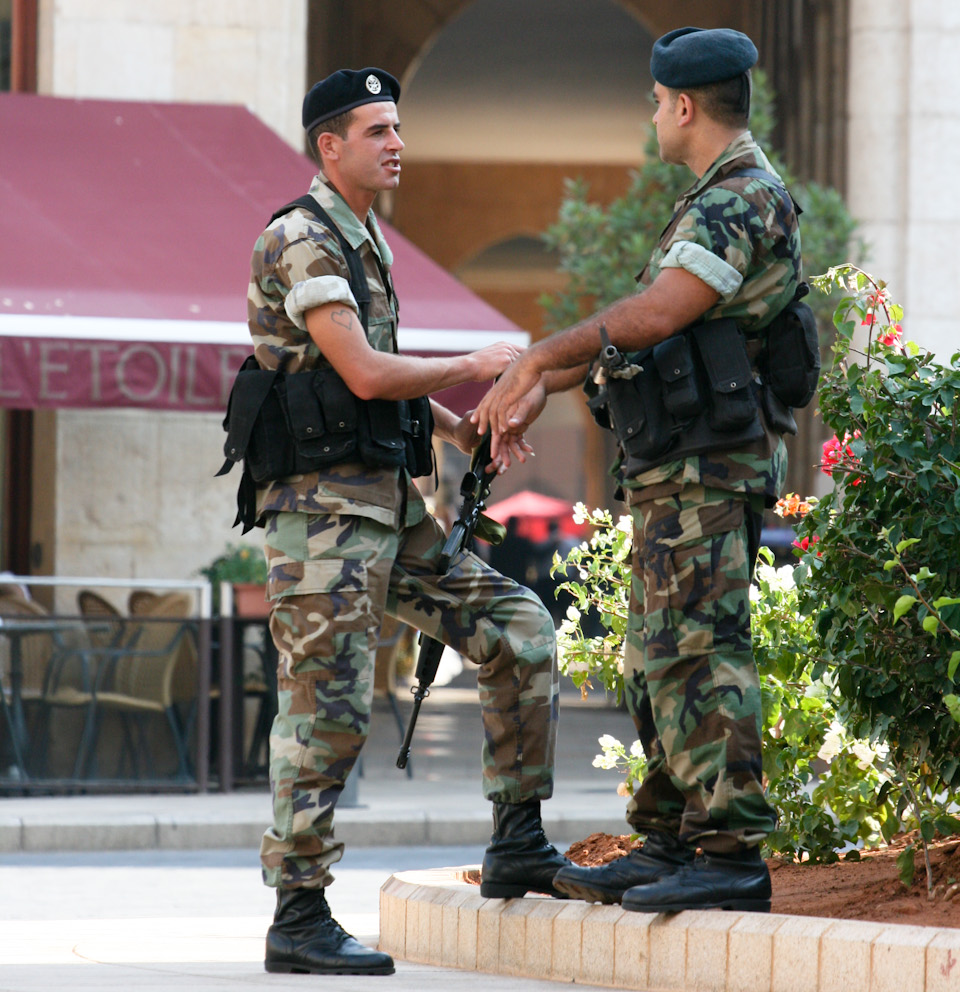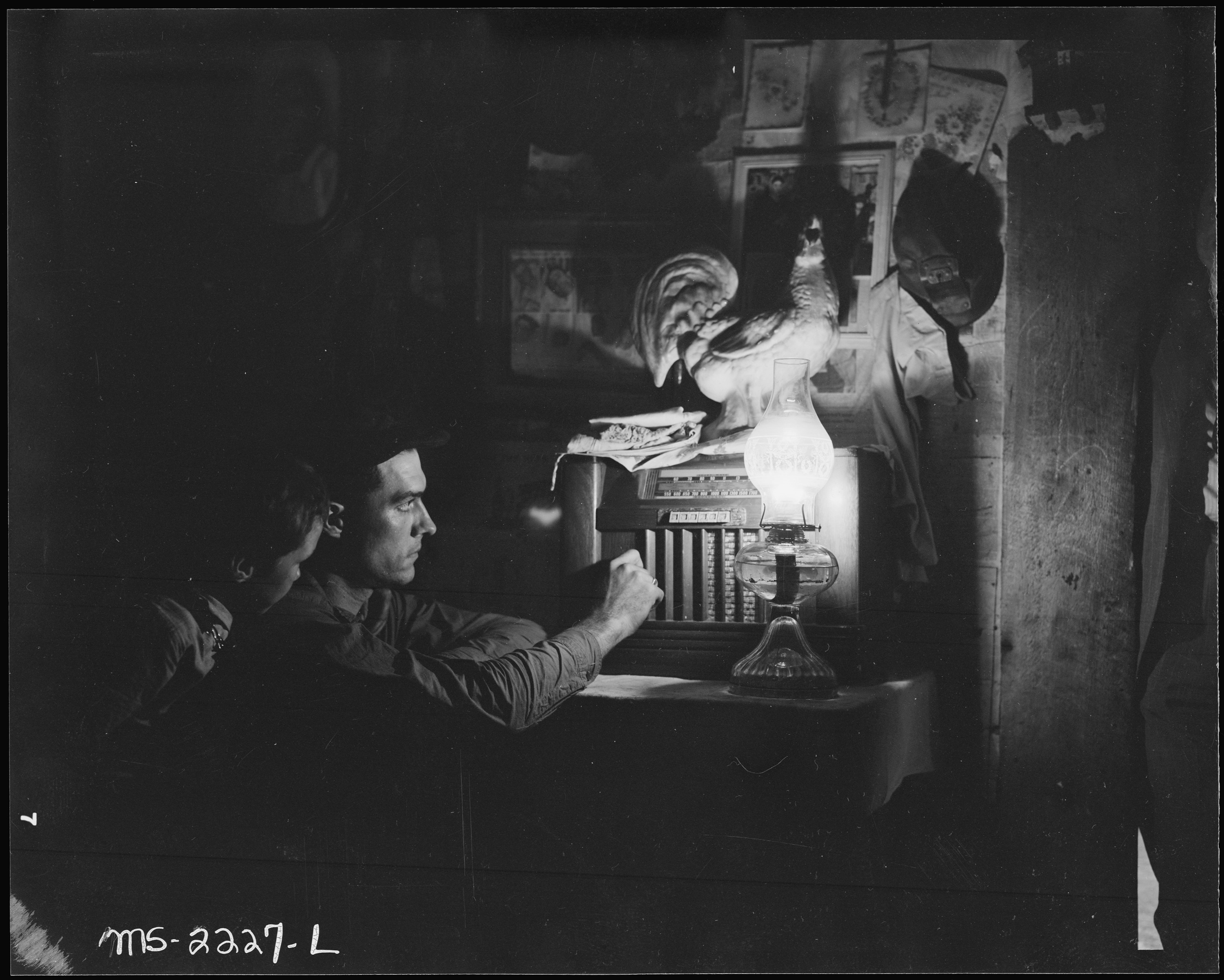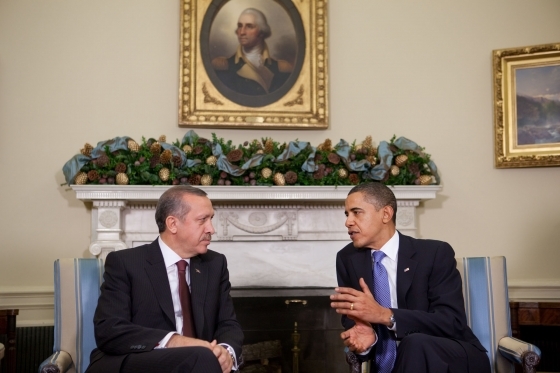Aishwarya and Ian continue their joint series examining the history of NATO. This week, they focus on NATO and Canada’s role in the Kosovo War.
Peace & Conflict Studies
NATO in Cyberspace—How Important is the Tallinn Manual 2.0?
Ian is discussing the Tallinn Manual 2.0, and what needs to be addressed for Canada and NATO’s future in cyberspace.
The Russians Are Coming: What is Moscow Doing in Syria?
Genevieve Zingg examines international strategy and diplomacy in Syria.
The F-35 and Elections
Matthew Rae discusses the importance of the F-35 as an election issue, and more.
China’s Military Parade Examined
Margaret looks at the arsenal of military technology displayed on the Chinese military parade, including the game changing “carrier killer”
‘Killer Robots’ and the Future of Security
Ian is discussing the positive impacts that Artificial Intelligence and Lethal Autonomous Weapon Systems could play in the future of security and combat.
Understanding Conflict: The Rise of Sectarianism in the Middle East
Sectarian violence has re-emerged from a long slumber to become one of the greatest threats to stability in the Middle East.
Information: The Perfect Weapon in Today’s Wired World, A Three-Part Series
In the final installment of a three-part series, Jenny looks at “countering disinformation campaigns” during the Cold War, and the lessons we can learn from them.
Turkey’s Policy Shift in Iraq and Syria Both Excites, and Baffles NATO
Umaima examines Turkey’s policy shift in Iraq and Syria, and why it’s confusing NATO. Is this a positive, or negative development in the fight against ISIS?
Einstein once asked Freud, “Why war?” Freud replied, “Because man is what he is.”
Victoria asks the questions: Why is sexualized violence so prevalent in modern and historical conflict? Is ISIS’ utilization of sexual violence and slavery the exception or the rule in war?

